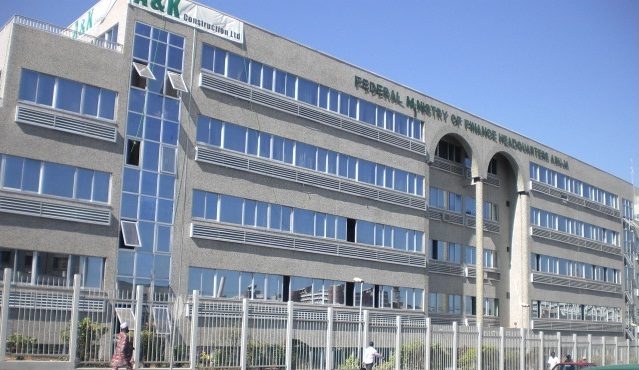Nume Ekeghe
Risk management practitioners, economic experts and industry leaders have called for urgent institutional reforms, stronger data systems, and ethical governance to safeguard Nigeria’s economy from recurring global disruptions and internal vulnerabilities.
They made the call at the 24th Annual International Conference of the Chartered Risk Management Institute of Nigeria (CRMI), themed, “Global Risks, Local Solutions,” held in Lagos.
In his opening address, President and Chairman of CRMI Council, Mr. Kevin Ugwuoke, stressed the need for Nigeria to move from reactive policymaking to a proactive, risk-based framework that anticipates and mitigates shocks.
“Nigeria’s competitiveness and fiscal stability depend on how we anticipate, prepare for, and mitigate shocks. When managed intelligently, risk becomes the foundation for sustainable growth. CRMI’s ongoing advocacy, including the National Risk Management Bill before the National Assembly, seeks to institutionalise risk governance across Ministries, Departments and Agencies (MDAs), with annual risk reporting becoming mandatory for transparency and accountability,” Ugwoke said.
Delivering a paper on “Global Risk Outlook,” Director-General of the Lagos Chamber of Commerce and Industry (LCCI), Dr. Chinyere Almona, identified climate shocks, inflationary pressures, and weak governance as major factors undermining investor confidence and economic stability.
She warned that inequality and low institutional trust continue to widen Nigeria’s poverty gap, with over 133 million Nigerians multidimensionally poor and 30 million facing acute food insecurity.
Statistician-General of the National Bureau of Statistics (NBS), Prince Semiu Adeniran, also underscored Nigeria’s structural imbalances, revealing that the services sector contributed 55.52 percent of GDP in 2024, followed by agriculture and industry. He noted that the informal sector still accounts for 42 percent of output, limiting fiscal capacity and policy reach.
“Global risks such as slowing GDP growth, inflation, and migration are affecting Nigeria’s economy,” he said.


